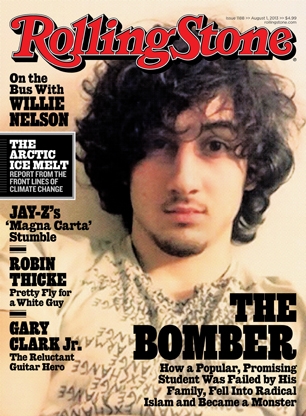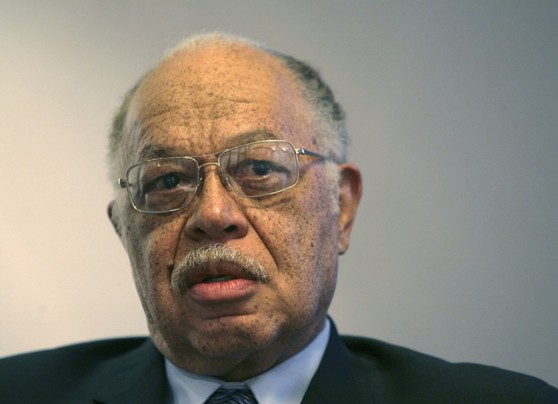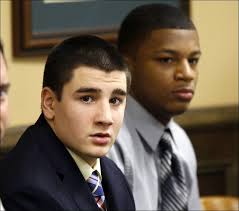Update 7/30/20: Since writing this post, I’ve been in touch with David Oman and believe my criticism below was harsh. He has invited me to visit his house next time I’m in the area and I hope to do so. As I said before, when following a case like the Manson murders, everyone has a theory and some do, as Brian Davis noted, “worm their way” into the narrative by exploiting people who were there in the beginning. I will always come clean when I’m wrong.
***
A while back I wrote a post about how, in my opinion, Restless Souls: The Sharon Tate Family’s Account of Stardom, the Manson Murders, and a Crusade for Justice by Alisa Statman and Brie Tate, was the most important book ever written about the Manson Murders. Since then the book’s accuracy has been thrown into question. So let’s talk about it.
Brian Davis, host of the online Tate-LaBianca Radio Program podcast, which posts Sunday nights, contacted me by Twitter a few weeks ago after seeing one of my tweets on how important I thought Restless Souls was. He wrote, “Yes probably because it contains some of the most fabricated material about [Tate-LaBianca] ever. So in that regards it is important.”
Davis explained what he meant in a follow-up email:
I host a Tate-LaBianca radio program every Sunday online, and my listeners are very well versed about the murders and TLB-related material.
I can tell you they very much anticipated this book Restless Souls, but most were disappointed and had questions for Alisa.
I attempted to get Alisa on [the program] to speak about the book, but she declined, saying her publisher wouldn’t let her do any media without going through them. That was understandable, except it wasn’t true. She lied. She went on another website to answer questions. Prescreened. So as my listeners continued to pick apart the book, they continued to find many [discrepancies] in the book.
He says the worst example of fabrication is a section where prosecutor Steven Kay has a confrontation with former Manson follower and convicted murderer Patricia Krenwinkel. The scene is the prison yard, following her unsuccessful parole hearing. She lets it drop that she knows where Kay lives, and he asks if she’s making a threat.
Davis says that on June 24, 2012, he had Steven Kay on the TLB Radio Program and he claims that conversation never took place.
Historical biographers are accused of inserting made-up passages in their books all the time. Their excuse is usually that adding a fictional voice here and there is necessary to keep the narrative going but that the heart of their work is true.
Doris Kearns Goodwin was accused of making stuff up in her book on Abraham Lincoln, Team of Rivals. Specifically, she was raked over the coals for having Lincoln say “What’s up?” Critics asked: Who talked like that in the 1800s? (As it turns out, the phrase what’s up appeared 34 times in print in the 1860s, according to the Corpus of Historical American History. Whether Lincoln would have used the phrase is another question.)
Edmund Morris, who authored an excellent trilogy on Theodore Roosevelt, caught hellfire when he used fictional elements to tell the story of Ronald Reagan in Dutch: A Memoir of Ronald Reagan.
I still think the Statman-Brie book is important, because it includes a lot of diary material from the Tate family that I believe is genuine. Are parts of it embellished with fiction? Probably. In that regard, I can understand Davis’ disappointment. And if Statman has ducked questions from him and others about the truthfulness of the book, that’s disappointing, too. Davis didn’t elaborate on whether the website in question received the publisher’s blessing to interview Statmen, but it’s more common than you might think for an interviewee to preview the interview questions.
If there are embellishments in the book, it can’t possibly be as bad as the fiction created by others attached to the Manson case. Take David Oman, who lives four houses down from the former Tate residence on Cielo Drive (I got a good look at the place during my November drive-by). Oman claims his home is haunted by the spirits of Tate and fellow victim Jay Sebring. The Ghost Hunters TV show even did an episode about it. I find it curious that he made these claims as he was making House at the End of the Drive, a horror film about a house being haunted by people killed in a house “at the end of the drive.” In my opinion, this is just another guy trying to make a buck off the case.
That’s the challenge when doing any research about the Manson case. Almost everyone involved seems to embellish here and there. What they offer may be a work that’s almost entirely true, but those embellishments throw everything else into question.
I don’t have a good answer to fix the problem. All I can do is stick to the truth in my own work and hope I don’t fall victim to that writer’s urge to embellish. Wish me luck.












